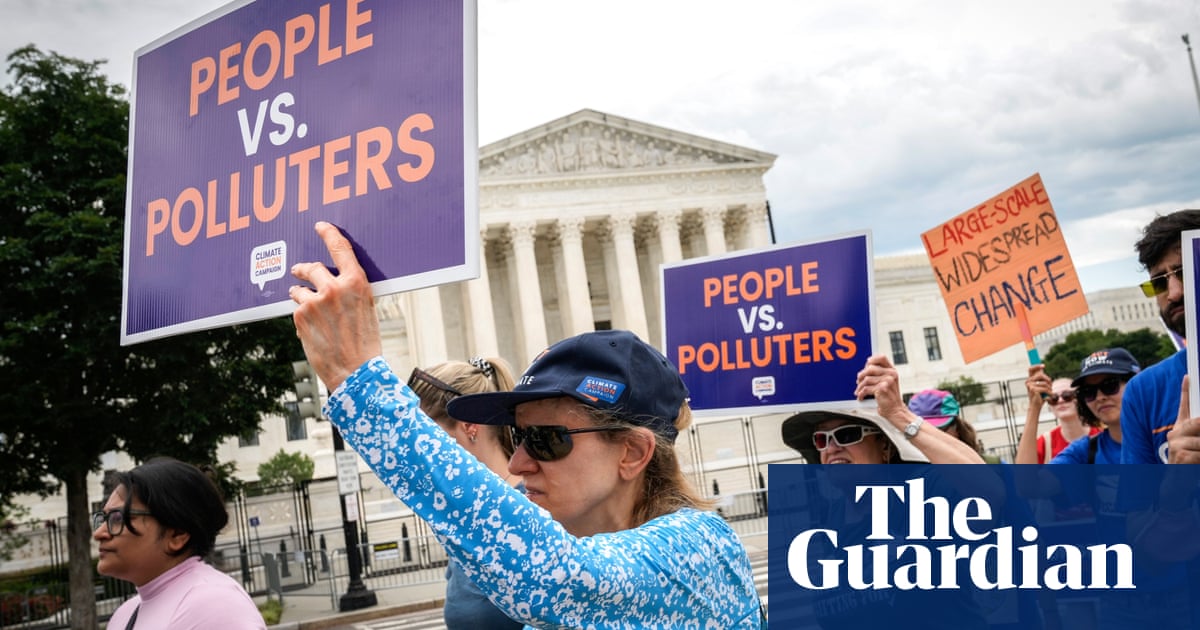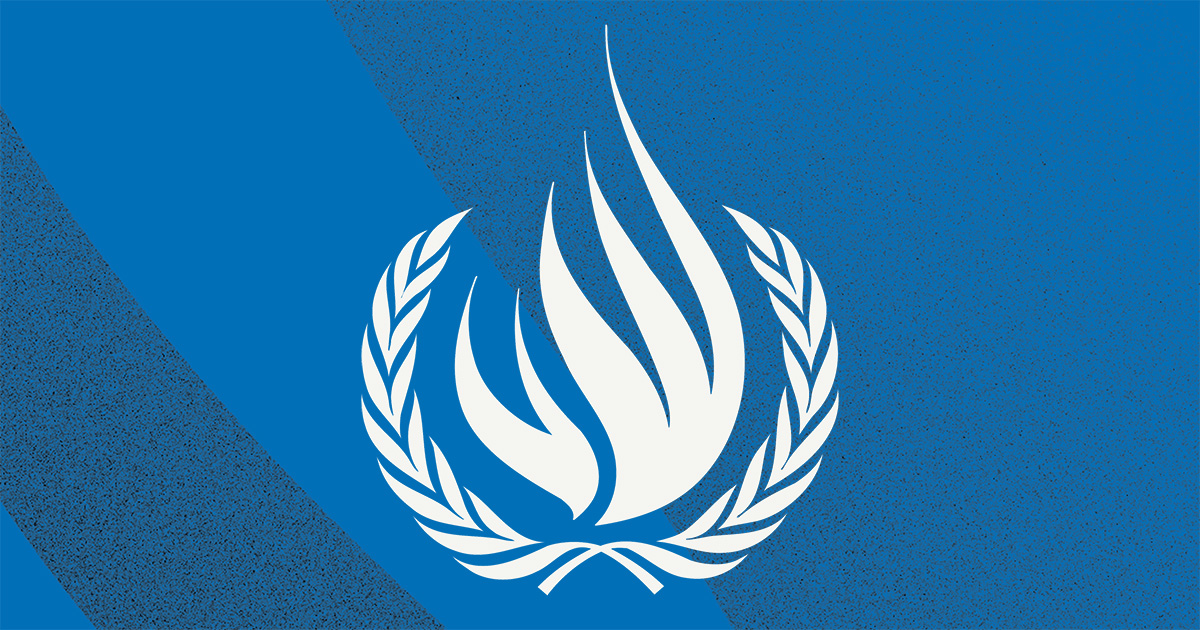
Lawsuits challenging government and corporate inaction on the climate breakdown have become an important driver of change, according to a UN body.
A report by the UN Environment Programme (Unep) and the Sabin Center for Climate Change Law at Columbia University says litigation is setting precedents for climate action all over the world, even beyond the jurisdictions in which cases are filed. But it warns of a growing legal backlash as cases are filed that could delay climate action and criminalise activists.
There have been 2,365 lawsuits relating to the climate crisis around the world, of which nearly 200 were filed in the past 12 months. The cases have covered a wide range of ground from government carbon reduction targets and strategies to corporate inaction and misinformation and claims for climate-related damages.
With extreme heat gripping parts of the planet from Europe to China, and disasters likely to increase, people are increasingly turning to the courts for answers, said Andy Raine, the head of international environmental law at Unep. “Climate litigation … has become an undeniably significant trend in how stakeholders are seeking to advance climate action and accountability.”
The majority of cases are still in the US, where a landmark constitutional trial brought by a group of young people against Montana recently drew to a close. It was one of dozens of cases filed against federal and state governments.
Over the past year, Switzerland and France have been in the dock at the European court of human rights, accused of breaching the rights of their citizens, and Australia had to defend itself from allegations that it had failed to protect a group of Torres Strait Islanders from climate breakdown, which threatens to destroy their homes.
The UK government was forced to redraw its net zero strategy after a successful challenge by climate campaigners. They have applied to go back to court, arguing that the revised version is still not good enough.
Action is also increasingly being taken against major corporations. While there have not been any major successes in the US yet, a recent supreme court decision to keep a series of lawsuits against oil and gas firms in state court bodes well for plaintiffs.
Fossil fuels are not the only polluting industry being targeted. In February, formal legal action was launched by four residents of the Indonesian island of Pari against the Swiss cement firm Holcim, demanding compensation for damages, a financial contribution to flood protection measures and the swift reduction of Holcim’s CO2 emissions.
Over the past year in particular, there has been an explosion in climate-related greenwashing cases, according to the LSE’s latest annual review of climate litigation, including challenges to corporate climate commitments, dubious product claims, overstated investments or support for climate action, and failure to disclose climate risks. Examples include a complaint against Glencore for expanding coal production despite net zero commitments, and challenges to the EU’s green investments guide.
There have been some notable success stories over the past year, particularly around marketing claims. The Dutch airline KLM said it would scrap an advertising campaign in the Netherlands telling customers to “fly responsibly” after a lawsuit by environmental groups. And the European dairy company Arla Foods, which makes Lurpak butter, was banned by a court from using the term “net zero climate footprint” when selling its products in Sweden.
The LSE found that about 55% of the 549 cases where courts had made a decision had a climate-positive outcome. Although the impact of these rulings can be tricky to untangle, academics say litigation seems to be viewed as a serious issue by many businesses and financial institutions. A study recently found litigation posed a financial risk to fossil fuel firms because it lowered their share prices.
Even unsuccessful litigation “can shape narratives around climate action, encouraging decision-makers to change their approach”, the LSE report said.
The Unep report says that as climate litigation increases in frequency and volume, the body of legal precedent will grow, “forming an increasingly well-defined field of law”. It notes that courts are increasingly having to handle questions of state responsibility beyond national borders and are looking at other jurisdictions for guidance in how to handle climate cases.
In the future, Unep expects a rise in the number of cases related to migrants, internally displaced people and asylum seekers trying to relocate from their home countries or regions at least in part due to climate change. Indigenous communities and other groups disproportionately vulnerable to climate change are likely to bring more cases seeking policy changes or redress for climate damages.
Unep also anticipates a growing number of lawsuits before and after extreme weather disasters.
It warns of a growing legal backlash too, with some lawsuits seeking to delay rather than further climate action. A number of companies have sought compensation for government climate policies through secretive court systems embedded within trade treaties, while vulnerable workers and communities are challenging rules that they say disproportionately harm them and are not part of a “just transition”. Climate activists around the world are also increasingly subject to criminal charges.












